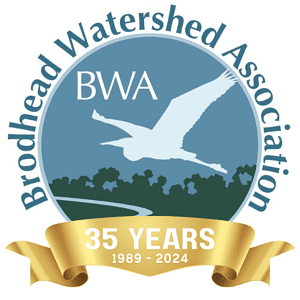NATURE AT RISK
This is a series of articles on the fauna and flora of the Brodhead watershed that face endangerment.
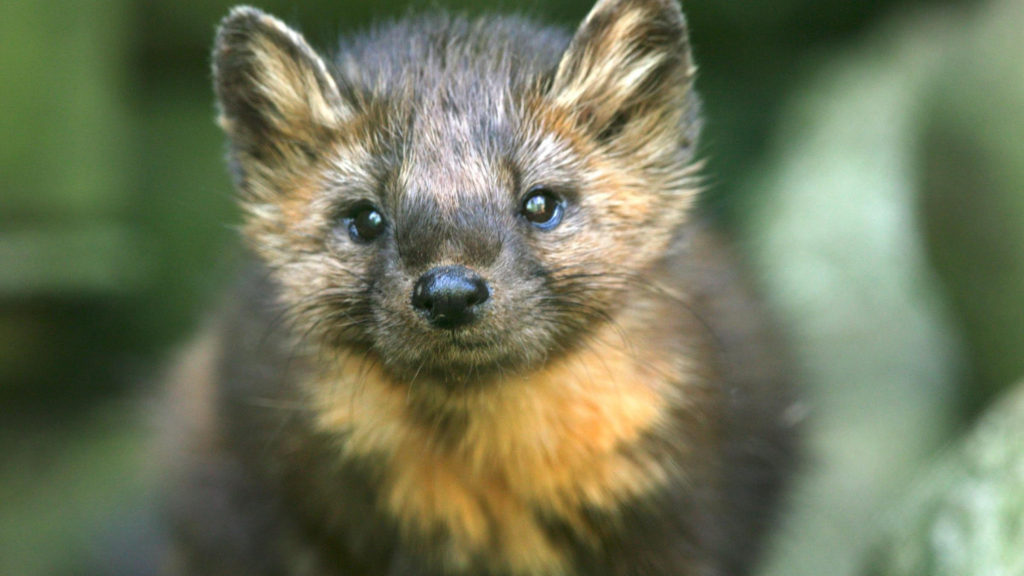
Life of the Forest
December 2023
The American marten has been called “an icon of the wilderness.” And thanks to the PA Game Commission, they may be on the verge of a comeback…

Thanksgiving Staple
November 2023
Whoever and wherever it was, we can be pretty sure food was involved. And centuries before cousin Vinnie started bringing his awful jello mold, cranberries were on the menu.
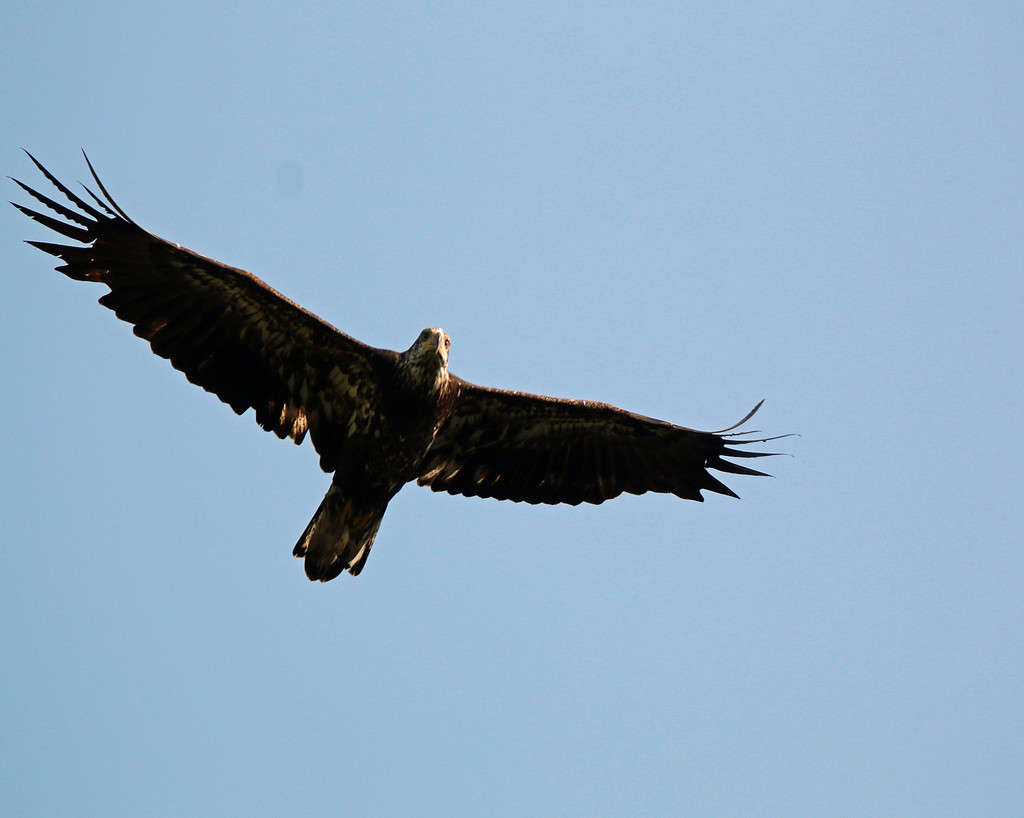
RAWA
October 2023
Recovering America’s Wildlife Act
Every single species, every single creature has a role to play in the complex web of creation.
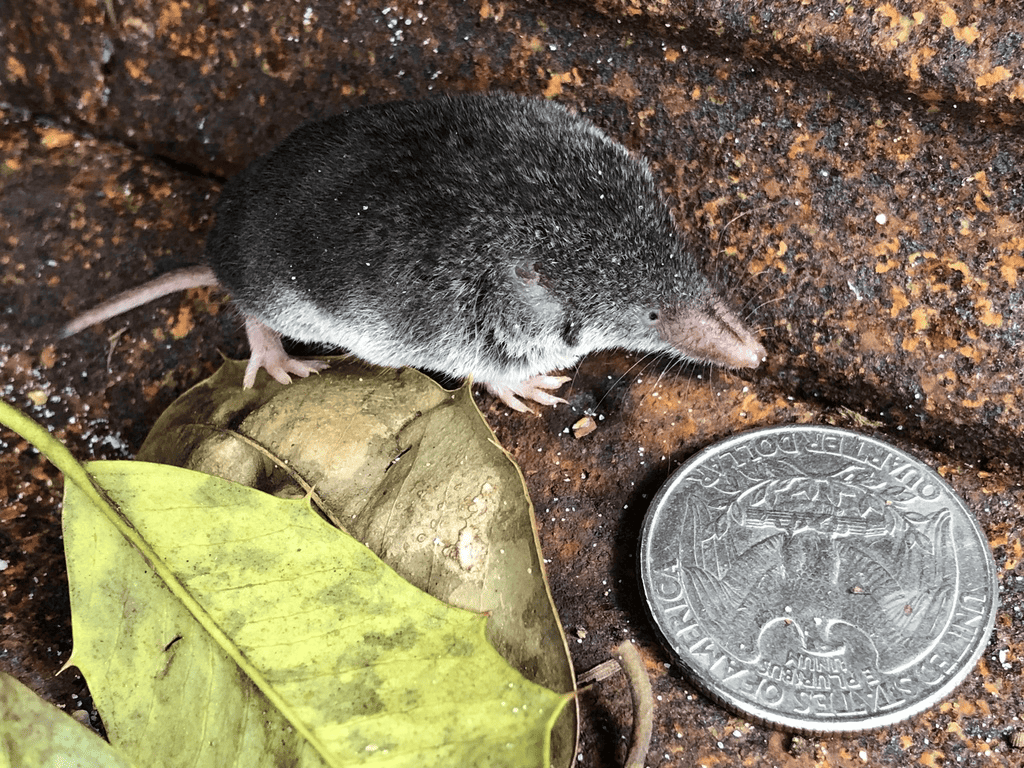
Least Shrew
September 2023
At birth, they weigh basically nothing — about as much as one pea. Full-grown, an adult is about three inches long and still weighs less than a nickel. But these little guys are bundles of energy.
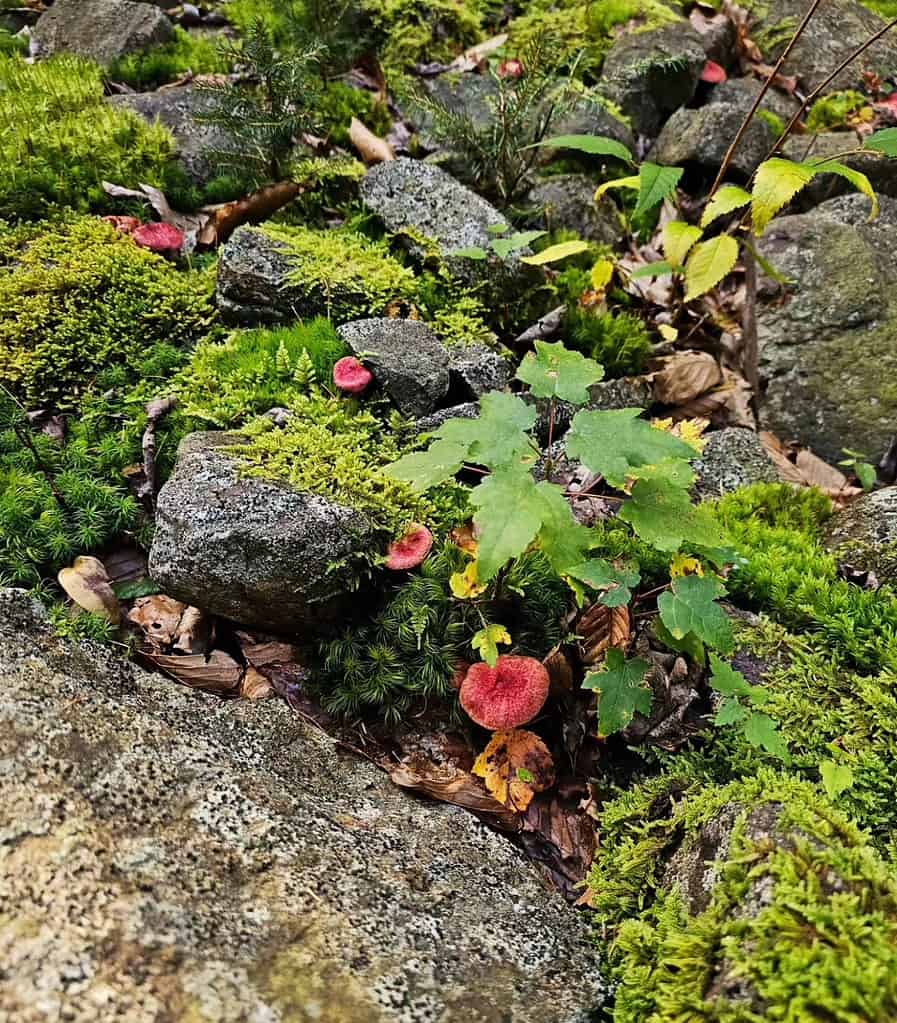
Mosaic of Habitats
August 2023
Every living creature needs food, water, shelter and space — often in surprisingly specific ways. Humans lived in the woods and along the creeks of the Brodhead watershed for thousands of years.
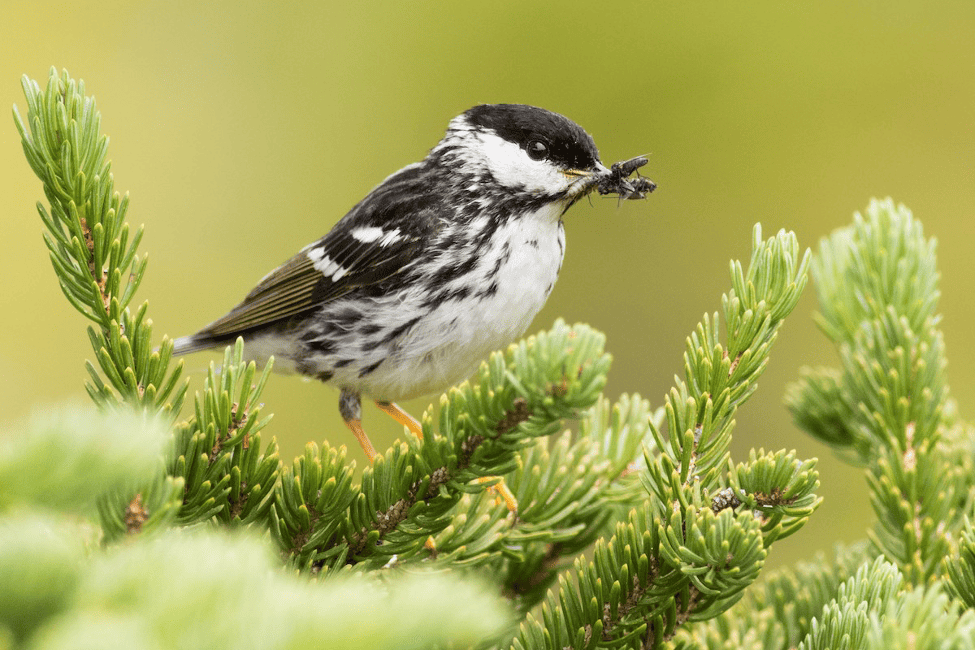
Black Poll Warbler
July 2023
Some creatures, like the blackpoll warbler, know what it’s like to lose their essential habitat, the basics of life.
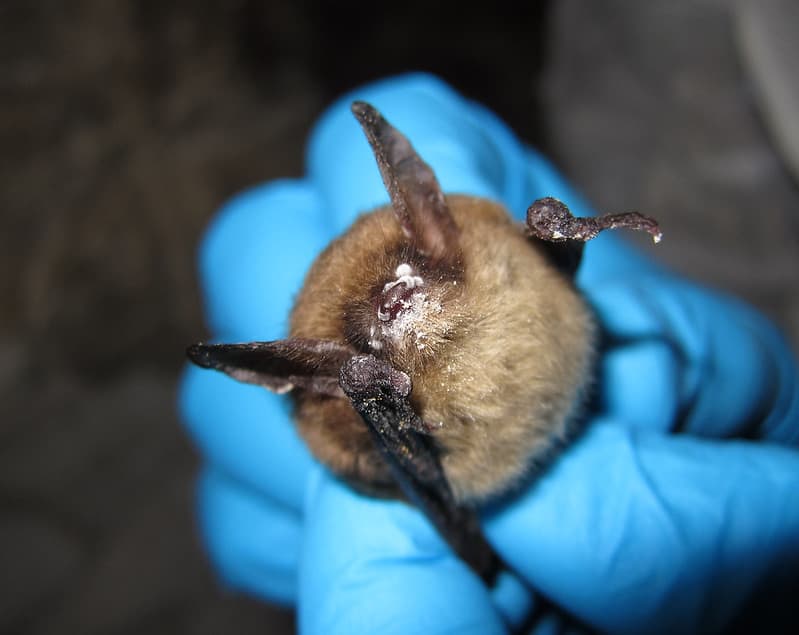
Are Bats Flying Back
June 2023
“Flying” may be too strong. But Little Brown bats — whose numbers plummeted by 98 percent in recent years — just may be starting to recover.
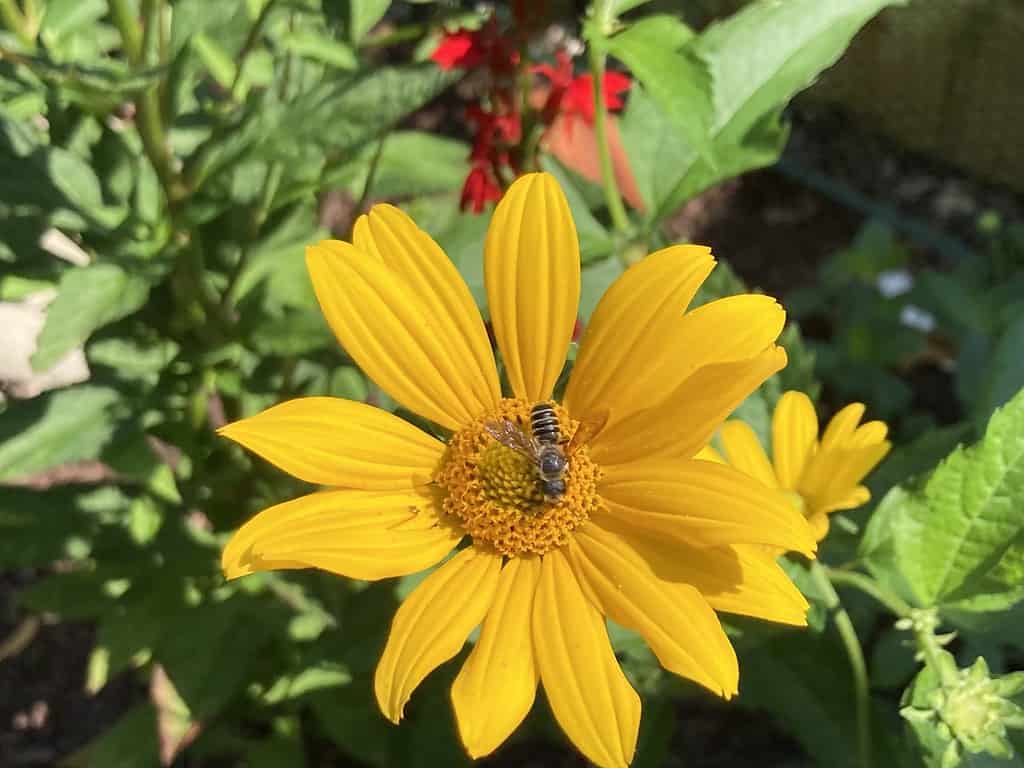
Backyard Pollinators
May 2023
Why Backyard Pollinators Are All the Buzz. Keeping hives healthy is time- and labor-intensive, and takes serious know-how.
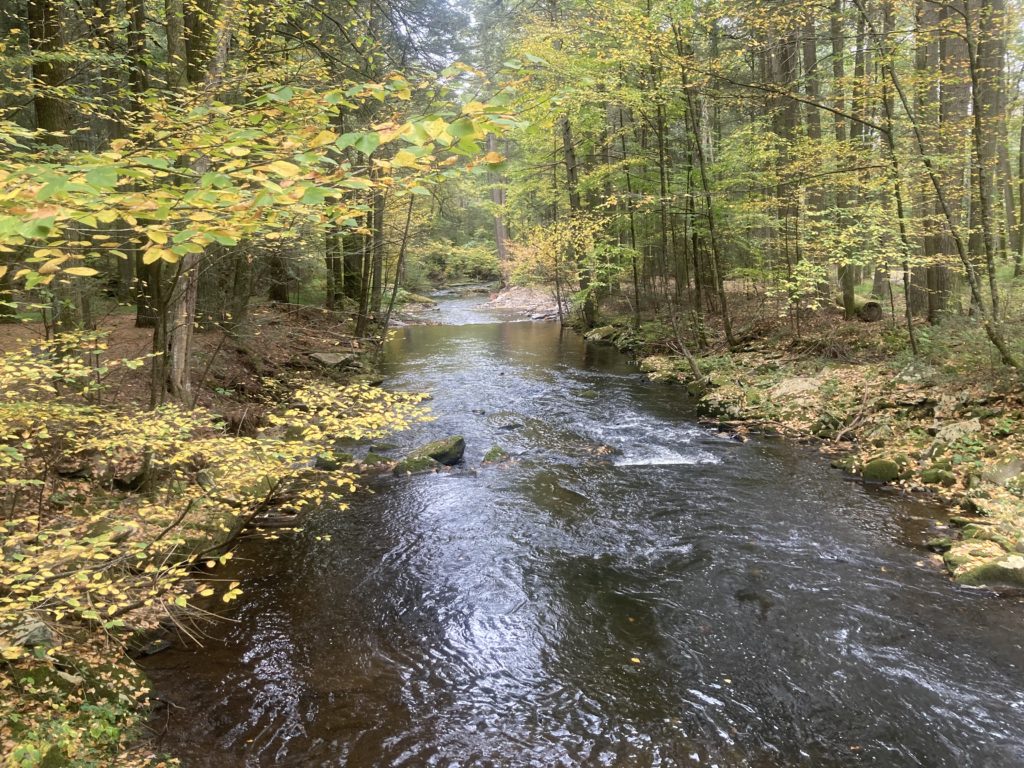
What is a Creek?
April 2023
But anyone who’s ever spent a summer afternoon messing around in a creek knows — a creek is so much more than its water. It’s a whole world.
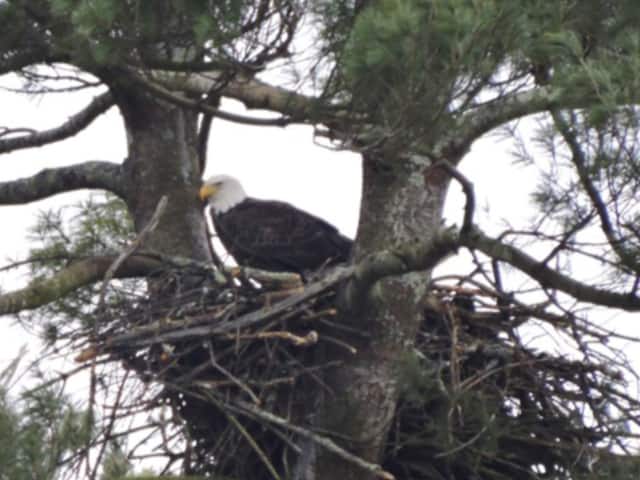
“Eagle-Eyed"
March 2023
“Eagle-Eyed” Etiquette. Much as you love watching them, do the birds a favor. Keep your distance. Give them the privacy and peace they need.
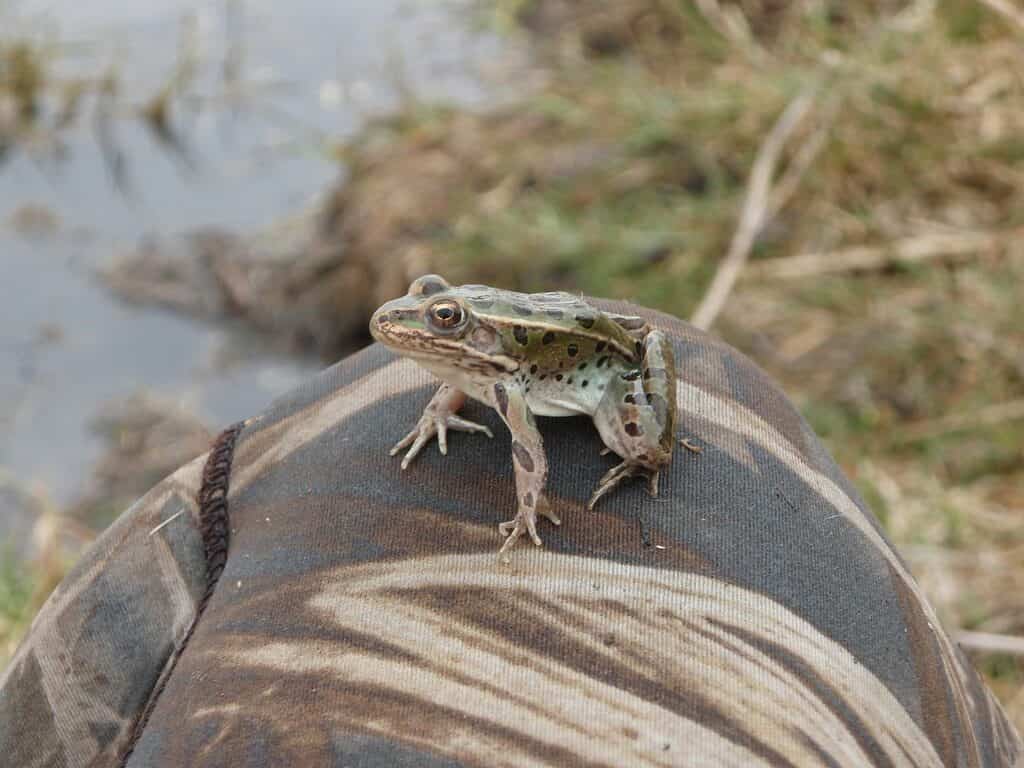
Leopard Frog
February 2023
Northern leopard frogs used to be common from most of Canada through the colder parts of the US. Since the 1960s, they’ve been almost entirely wiped out in their western ranges.
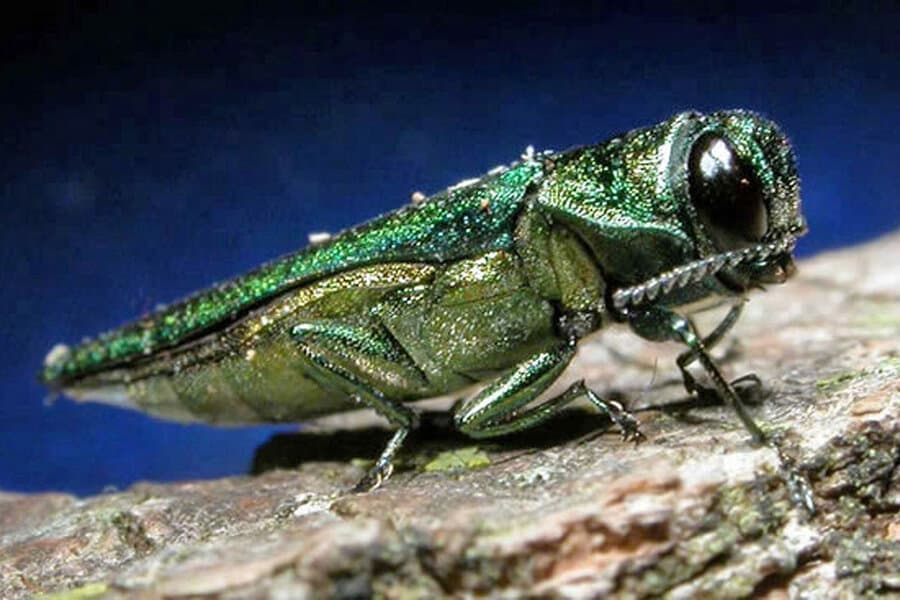
Ash Trees
January 2023
Agent of death — the emerald ash borer is a tiny insect that has ripped through the Brodhead watershed, killing hundreds of thousands of ash trees.
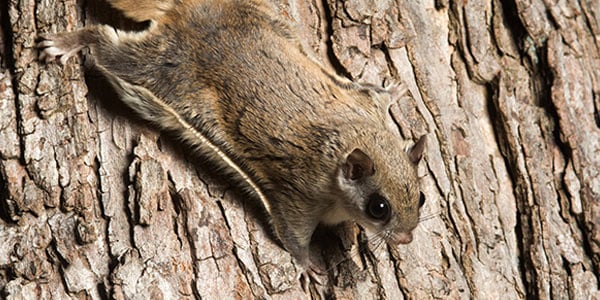
Flying Squirrel
December 2022
Habitat destruction is endangering the Northern flying squirrel population.
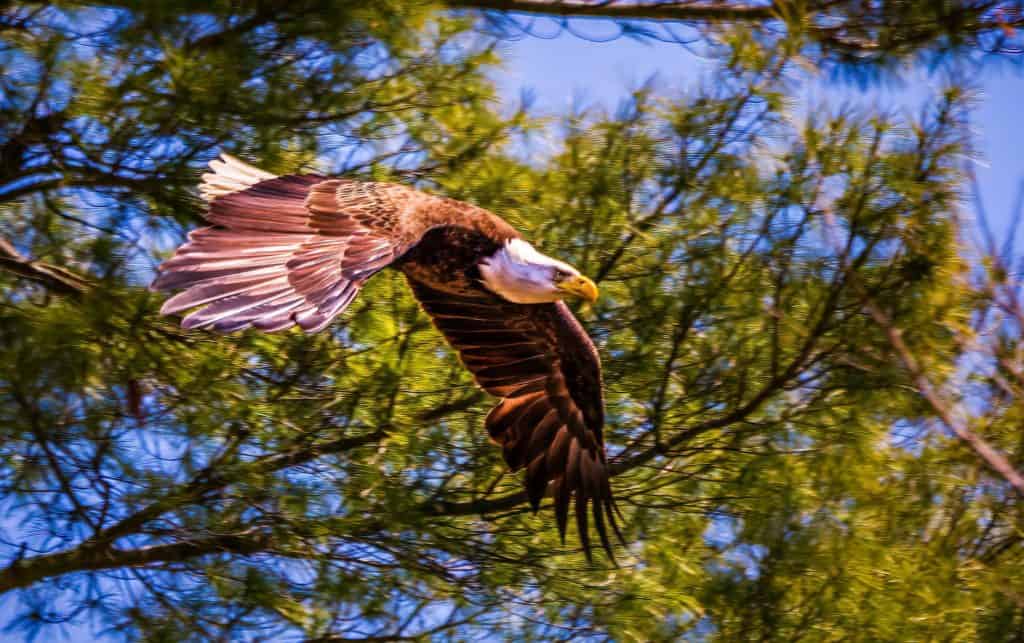
Bald Eagle
November 2022
Bald eagles are alive and well in the Brodhead watershed, but other critters are in decline.
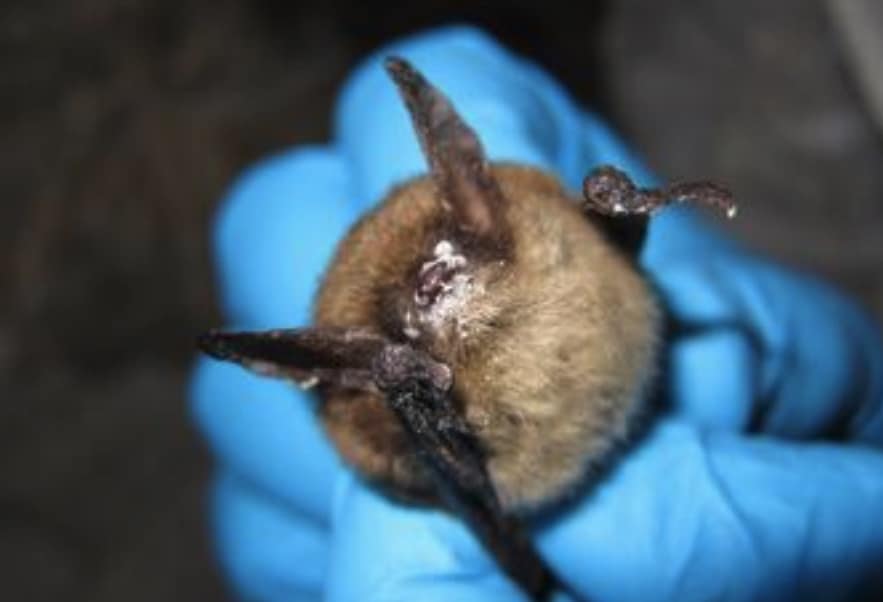
Brown Bat
October 2022
Bats are actually amazing mammals with well-developed eyes. There are 1,400 species of bats worldwide.
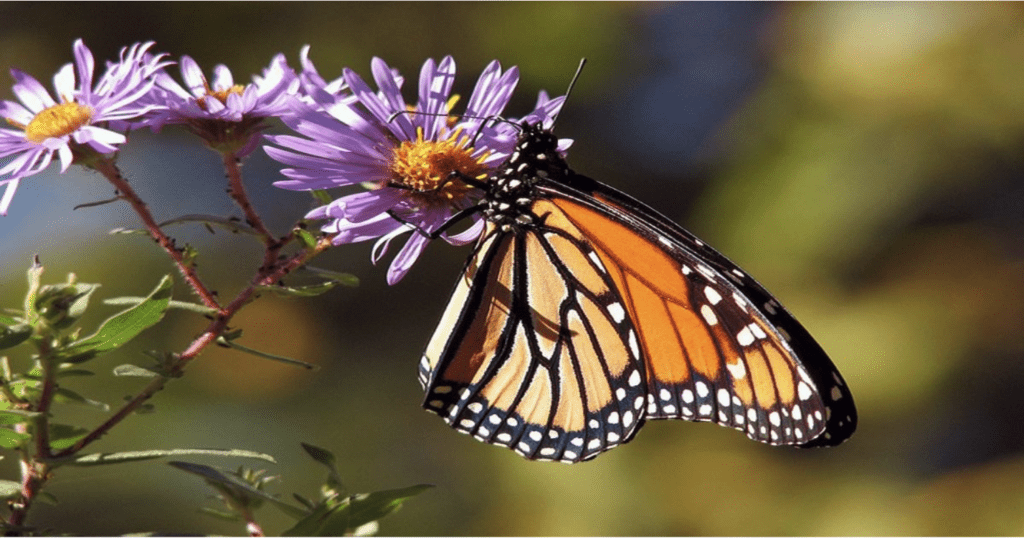
Monarch Butterfly
September 2022
Monarch butterflies are in steep decline. Over the last 20 years, their numbers have dropped by 85 percent.
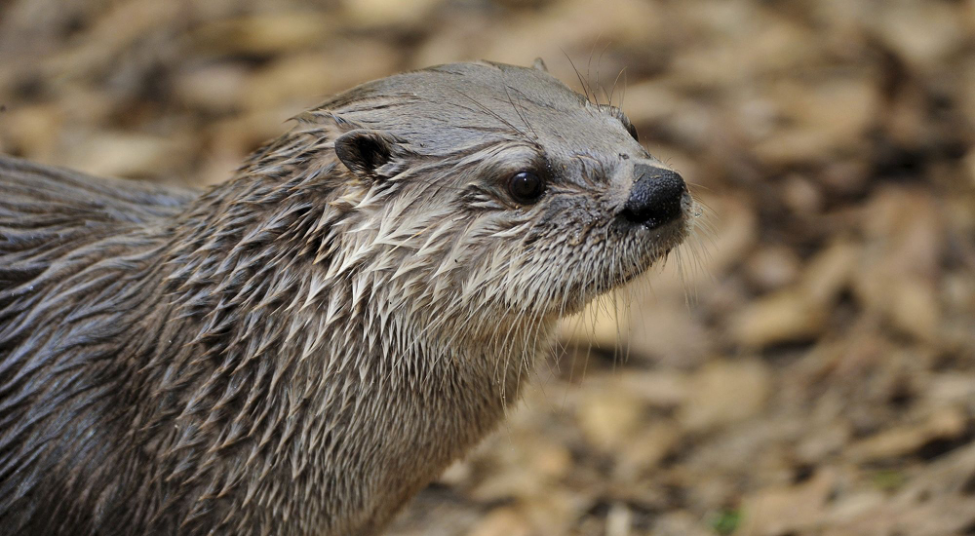
River Otter
August 2022
If you have seen the elusive river otter in the wild, you are one of the lucky few.
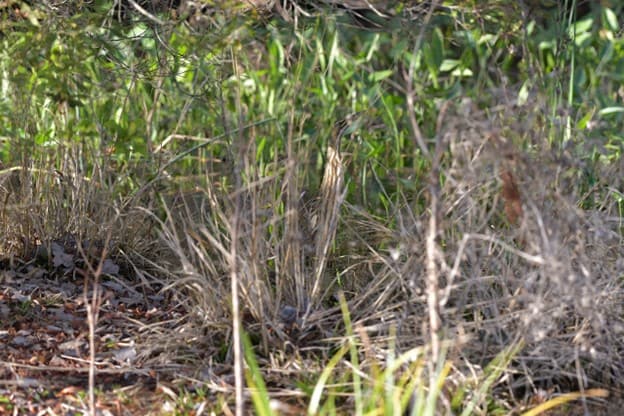
American Bittern
June 2022
American bitterns are rare in the Brodhead watershed. The culprit: habitat degraded by humans.
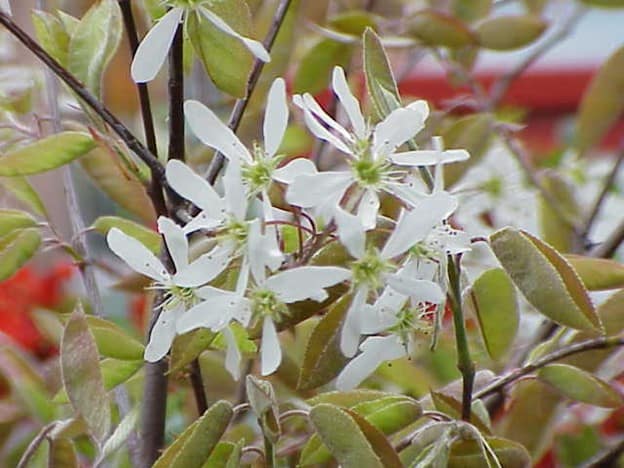
Shadbush
May 2022
It’s said the more common names a plant has, the more important it is to the culture of an area.
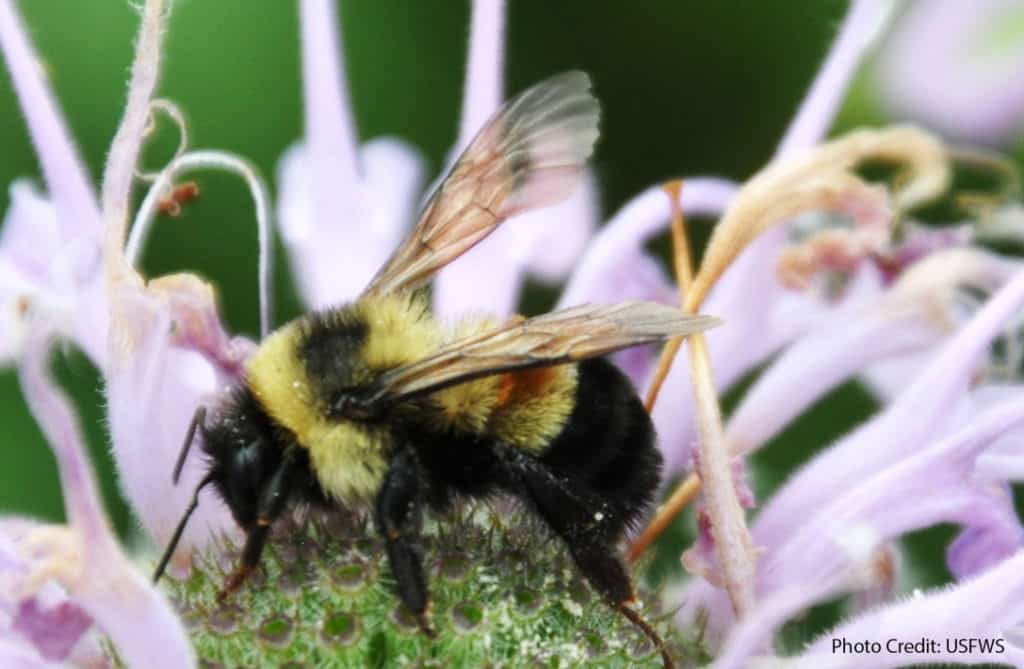
Bumble Bee
April 2022
The Rusty-patched bumble bee is a tiny creature’s range has shrunk to about 15 percent of what it once was.
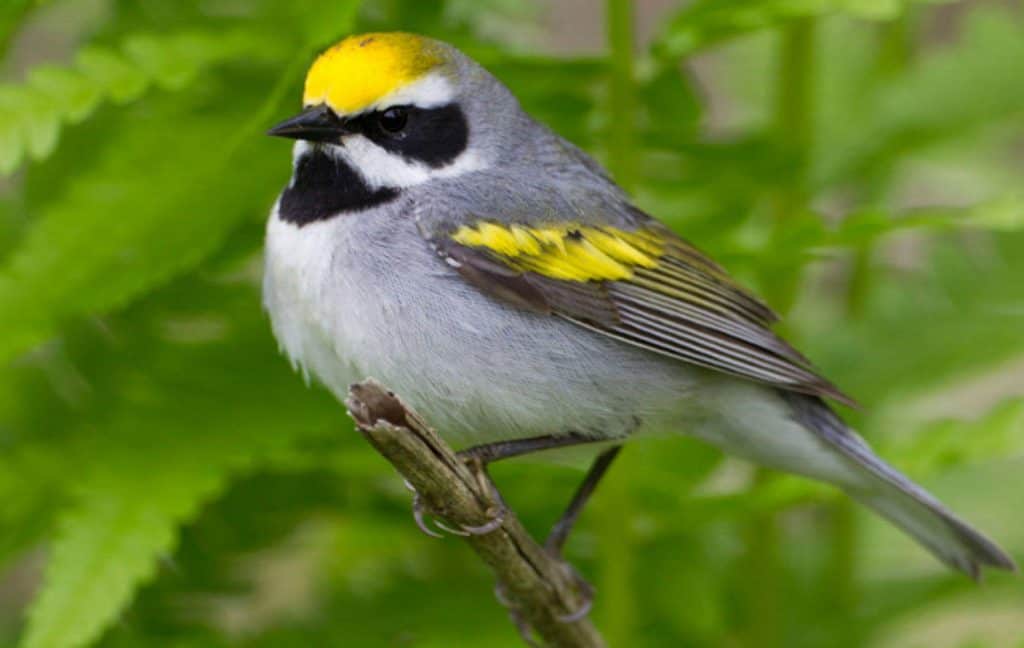
Warbler
March 2022
Golden-winged warbler is an endearing dynamo has one of the smallest populations of any bird not on the endangered list.
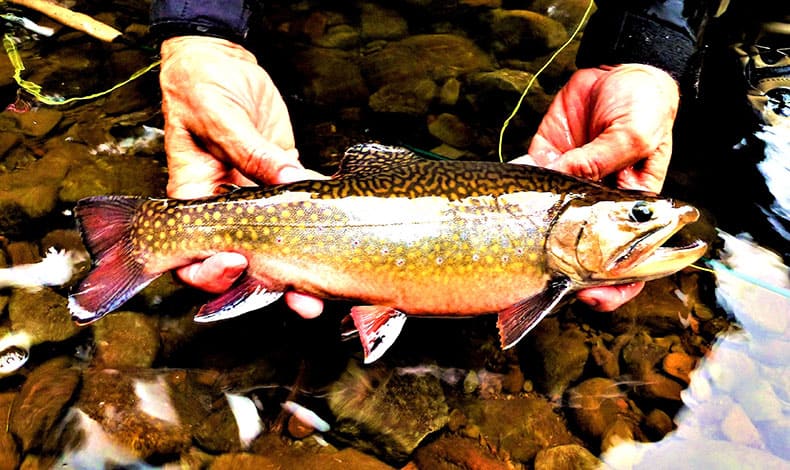
BrookTrout
February 2022
“Brookies” need cold, clear, pure, oxygen-rich water to survive and thrive – and these fish are worth protecting.
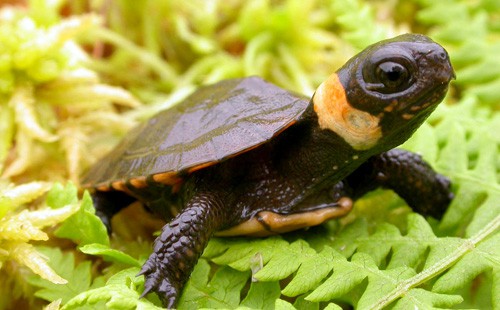
Bog Turtle
January 2022
The adorable, tiny bog turtle is at risk from environmental factors and people who “love” them too much.
